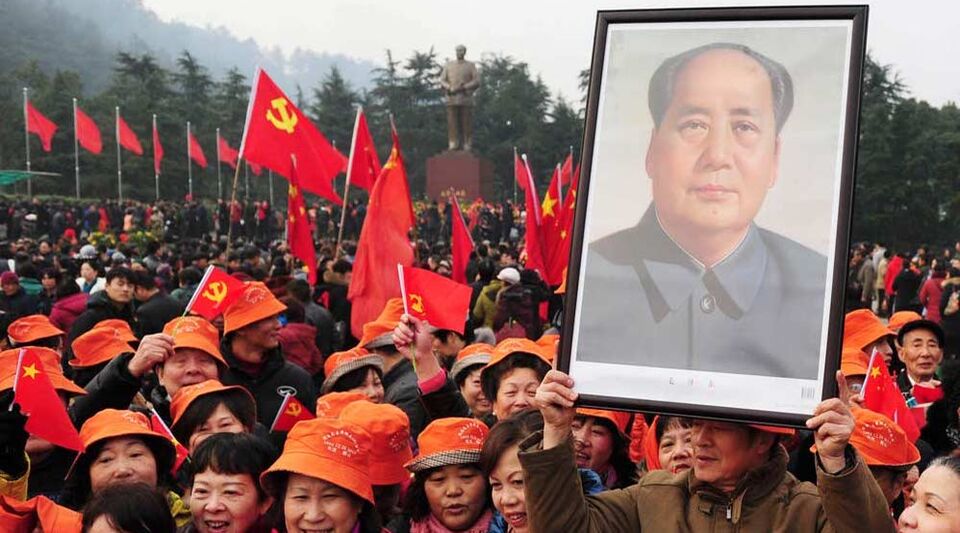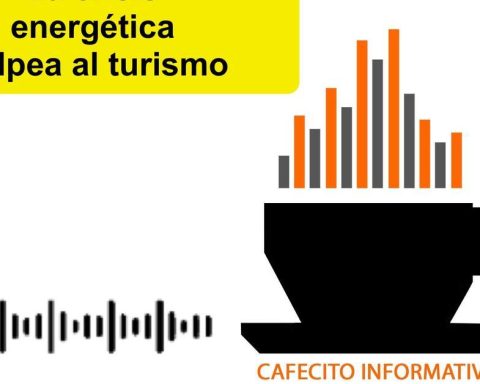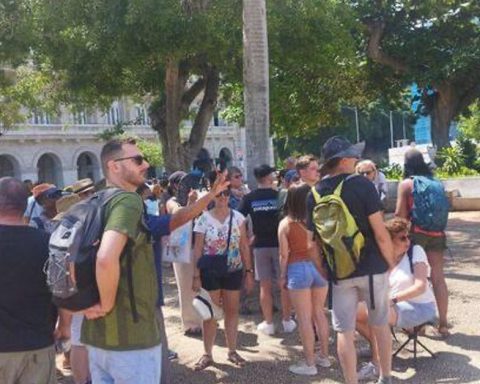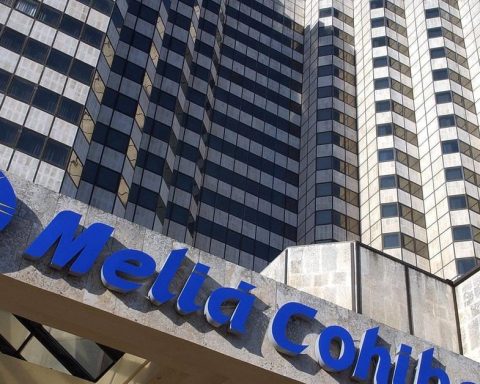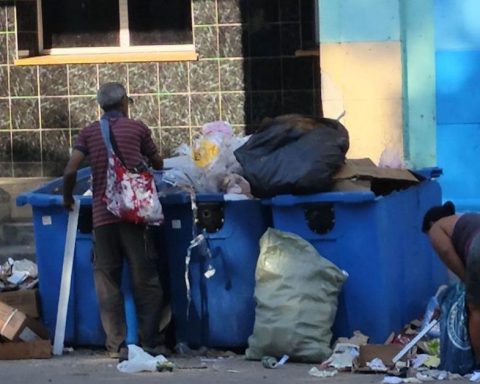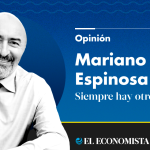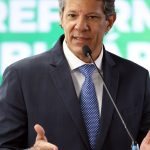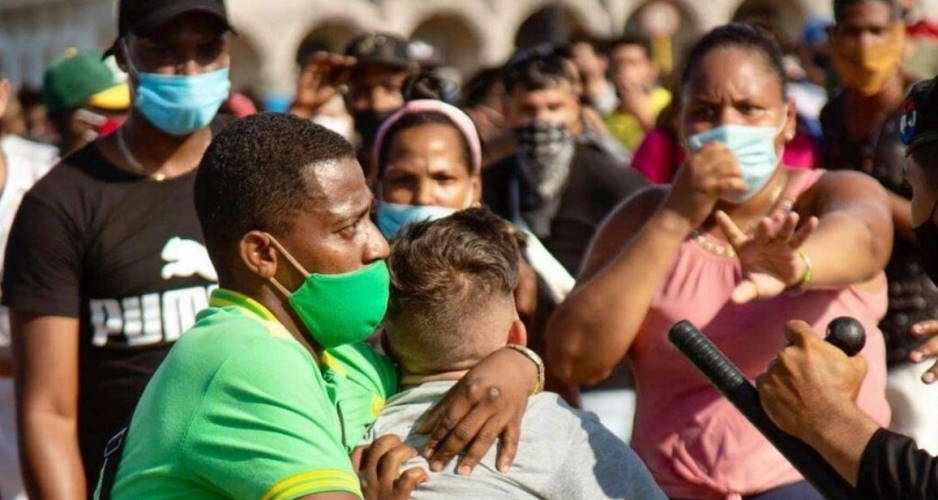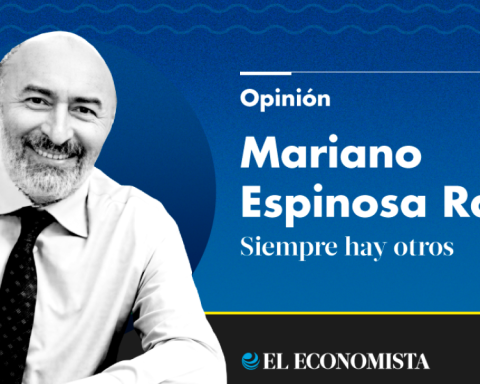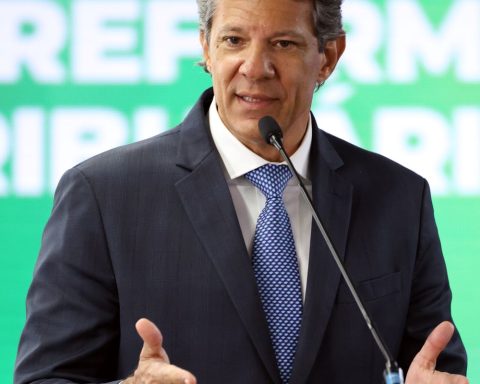When we were boys at the Vedado Institute, in Havana, a century ago, I heard a fellow student say: “The Pope does not love Mao and vice versa.” Why? I asked meekly. “Because the Pope does not love Mao.” He answered me with a half-idiotic smile. It was a double meaning “snag” to which he accessed himself by pronouncing “he doesn’t love Mao” in a certain way.
It was the consecration of Xi Jinping. If my colleague from the Institute had waited until mid-October 2022, during the Twentieth Congress of the Chinese Communist Party, he would see how 1,500 delegates, all wearing ties and dark suits, in a packed theater, swore to love Mao even though, by now of the reforms, were at the antipodes of Marxism. The great contradiction is that we must vindicate Mao and Marxism, the cause of the Chinese disaster prior to the reforms. Xi did.
In 1985 Xi Jinping spent two unforgettable weeks in Iowa learning something from food farmers. He was 31 years old. It was spring. It had been nine years since Mao had died (1976) and China enthusiastically gave itself over to Deng Xiaoping’s reform.
I read this fragment of his life in The Economist, the best popular international magazine. He got along very well with the hosts. It was a crush at first sight in both directions. He slept in a room adorned with space conquest TV posters, ate “popcorn” for the first time, and I guess he loved everything he saw.
What did you see in those two dizzying weeks? He saw a tremendously efficient country that produced, with less than 3% of the population, all the vegetables and meats that were consumed in the nation
What did you see in those two dizzying weeks? She saw a tremendously efficient country that produced, with less than 3% of the population, all the vegetables and meats that were consumed in the nation and, in addition, exported a substantial amount of that production. The contrast was very remarkable with his country of origin. He attributed China’s misery and unhealthiness to the cleanliness of the atmosphere, so neglected in China, and to the presence of rampant corruption, typical, moreover, of a situation in which officials had poorly designed powers and attributions by tax law regulations. In the two weeks spent in Iowa, Xi turned green and established a moralizing crusade against corruption.
When he had power in China, he declared the creation of a kind of “natural Chinese wall”. They are in the phase of replanting the trees and creating a huge forest. The largest on the planet. As expected, until 2050 it will not be ready. Simultaneously, to the delight of his countrymen, he has dedicated himself to fighting corruption.
What did Xi not see in those two weeks in Iowa? She did not see the loose structure that had made the United States the first power on the planet. And he didn’t see her because she’s invisible. He did not see it because there are no political parties. Above all, Xi is a Communist Party man. His father, Xi Zhinxun, was a deputy prime minister in charge of the State Council. What did not free him from Mao’s reprisals, including torture.
China had been in the Cultural Revolution for several years, which lasted a decade, exactly until the death of Mao Zedong. And he had imprisoned Deng Xiaoping, among others, and forced labor or exile, far from Beijing, many, such as Xi Zhinxun, Mao’s companion in the uprising against the Kuomintang, Chiang Kai-shek’s nationalists, making perfect the comparison between the revolutions and Saturn. It seems that they devour his children.
Xi Jinping, who is called “the Prince”, joined the Communist Party in 1974, two years before Mao’s death, when his collapse was already coming during the Cultural Revolution
Xi Jinping, who is called “the Prince”, joined the Communist Party in 1974, two years before Mao’s death, when his collapse during the Cultural Revolution at the hands of the reformists was already in sight. According to The EconomistXi is a restorer before he is a reformer. He wants to restore the absolute authority of the Chinese Communist Party.
The United States, fortunately, is not a Democrat, Republican, or Independent. Society is all mixed up. If the values of order prevail, it will be republican. If social values are on the rise, it will be overwhelmingly Democratic. Depends on the situation. Before 1933, and for a long decade, it was a Republican. Then came FD Roosevelt for four consecutive terms and a fifth if we consider Harry Truman. The social prevailed. Generally, they alternate in power. Today they are accused of “Bolsheviks” and “fascists”, but there is no such thing. Neither the Democrats are “Bolsheviks” nor are the Republicans “Fascists”. Those are epithets that are used in the midst of media campaigns.
Is about entrepreneurship. What sustains the gringo model is the company. Most voters are pragmatists. They admire the winners to rage. They do not care exactly if the winners take off from the average income. There is no envy worth. They love Elon Musk, Jeff Bezos, Bill Gates, Warren Buffet, Amancio Ortega. As long as they have made the money within the law. On the other hand, they love some gentlemen who have made their way against all odds. American universities are full of courses for entrepreneurs who then metastasize to the West.
As long as Xi Jingping continues to look after the interests of the Chinese Communist Party, and as long as he tries to “liberate” (really subjugate) Taiwan, it is assured that the first place in the ranking world will continue to be carried by the United States. It’s that simple.
________________________
Collaborate with our work:
The team of 14ymedio is committed to doing serious journalism that reflects the reality of deep Cuba. Thank you for joining us on this long road. We invite you to continue supporting us, but this time becoming a member of our journal. Together we can continue transforming journalism in Cuba.
